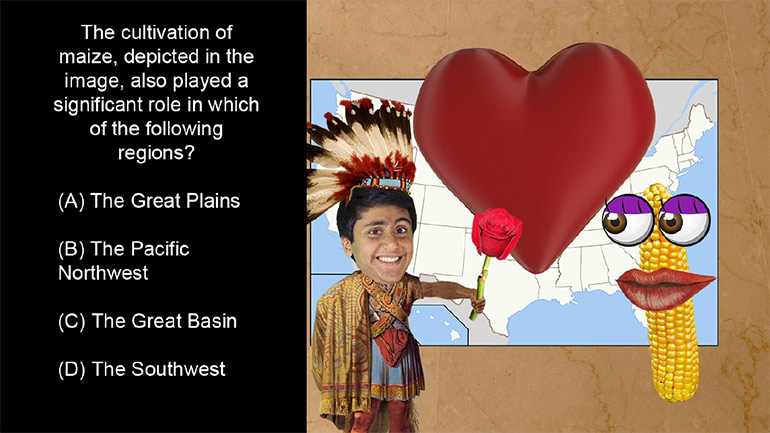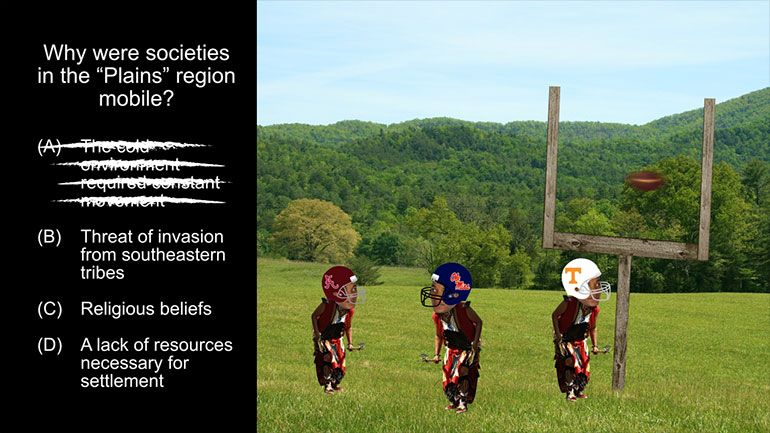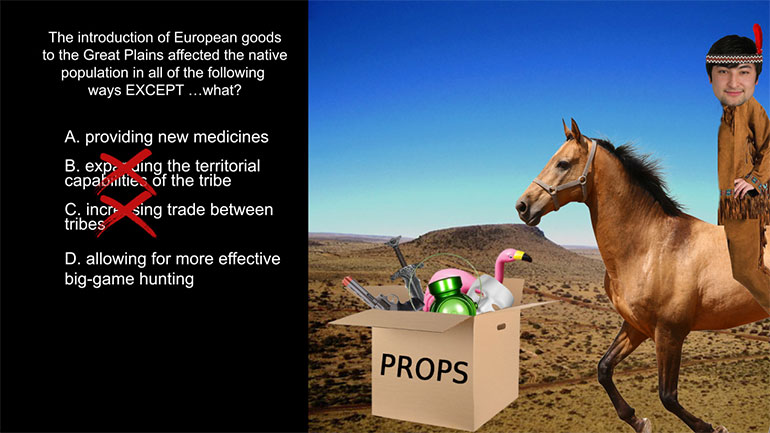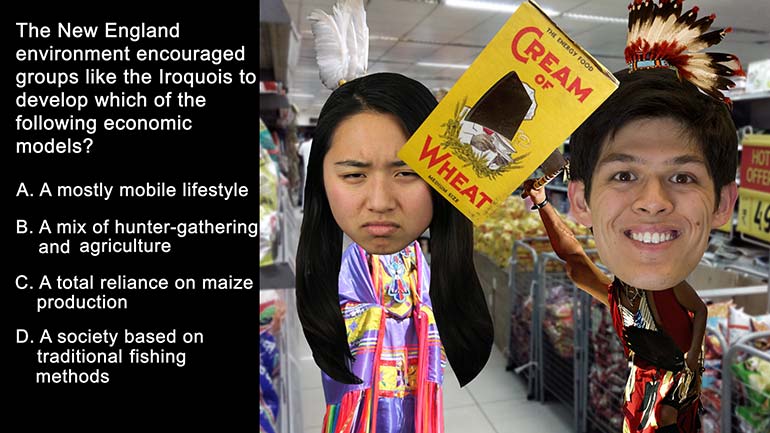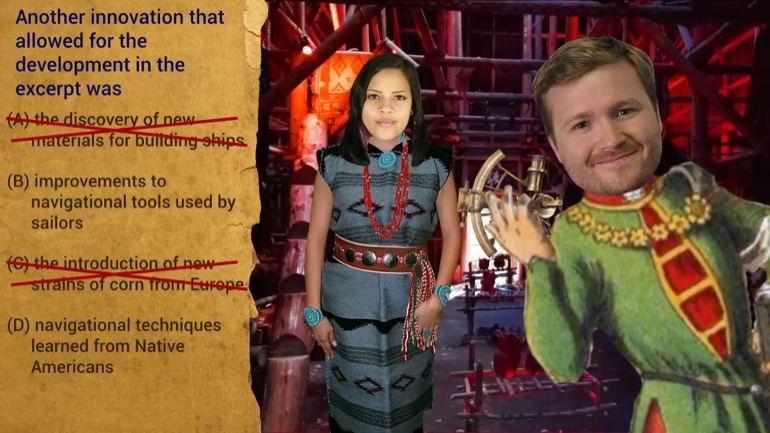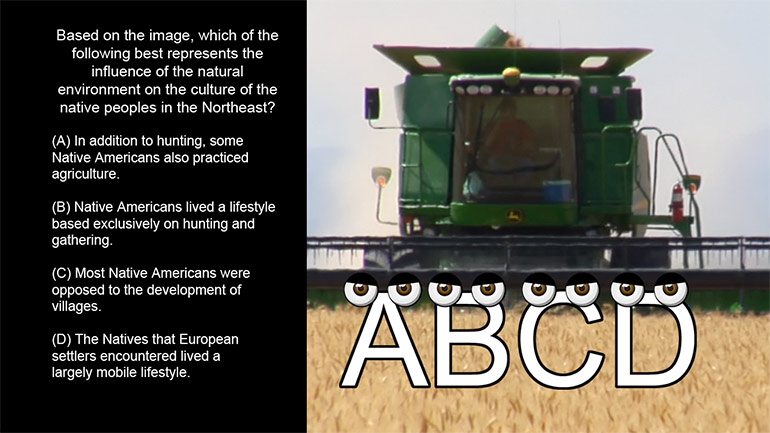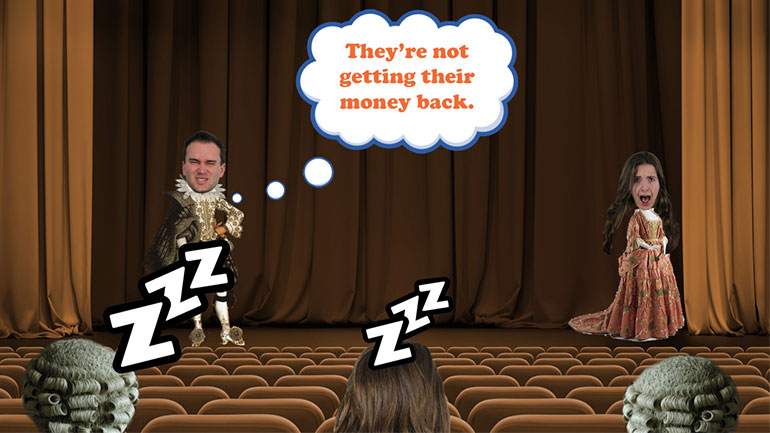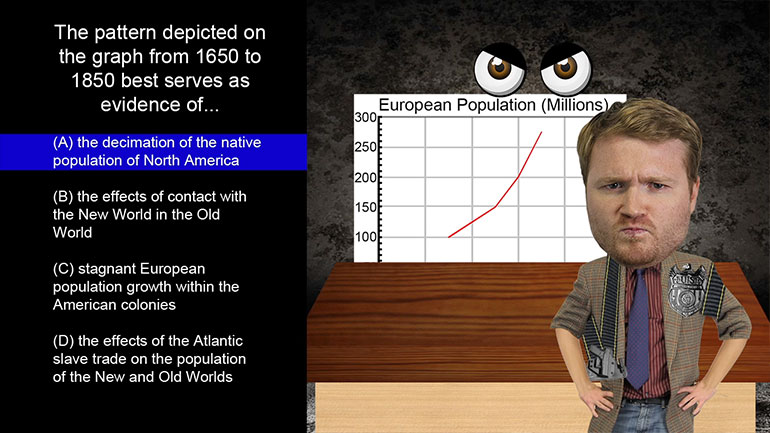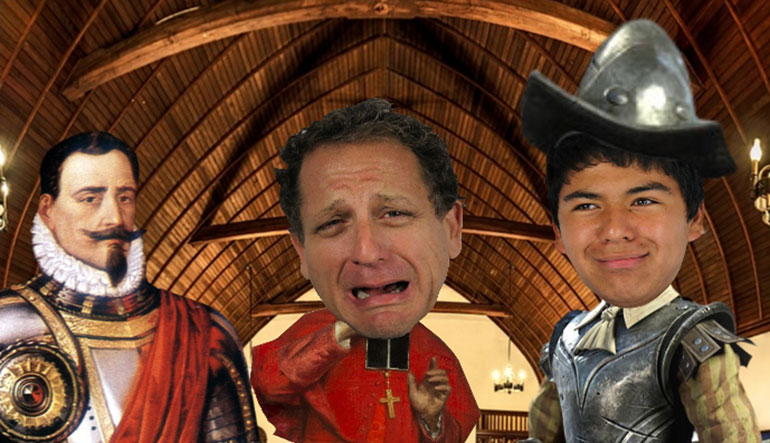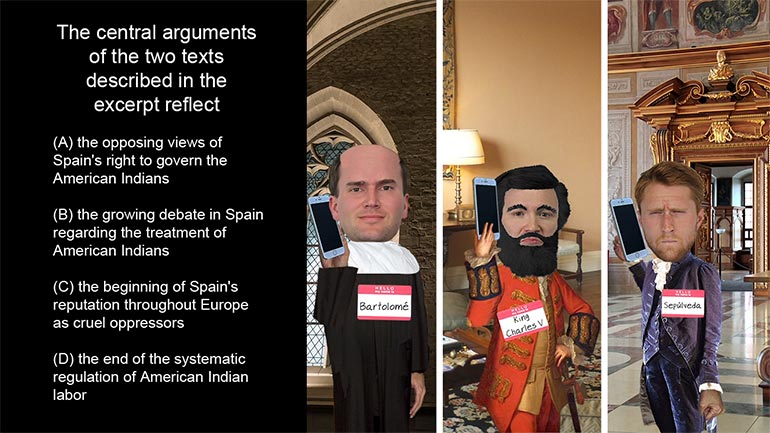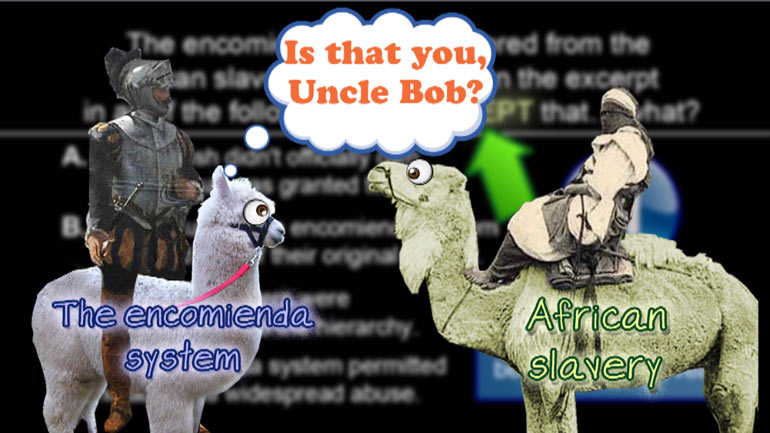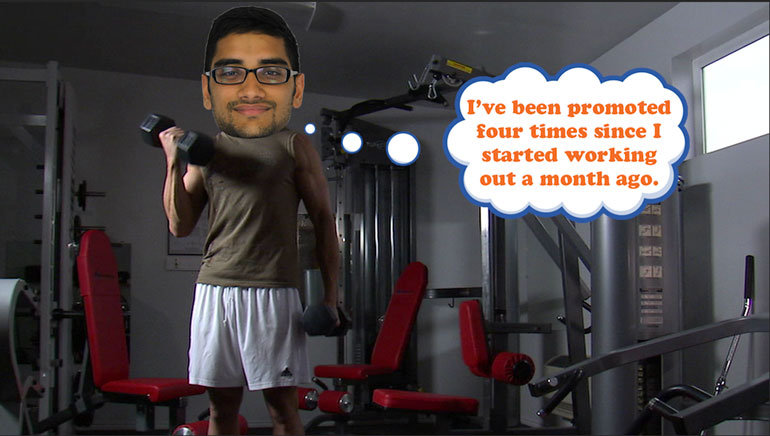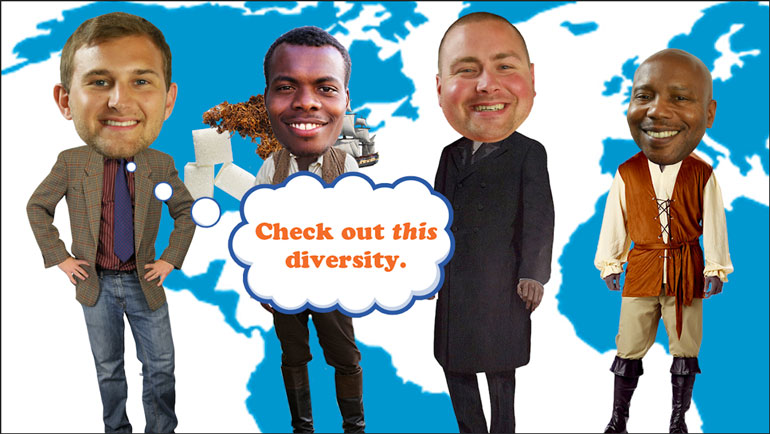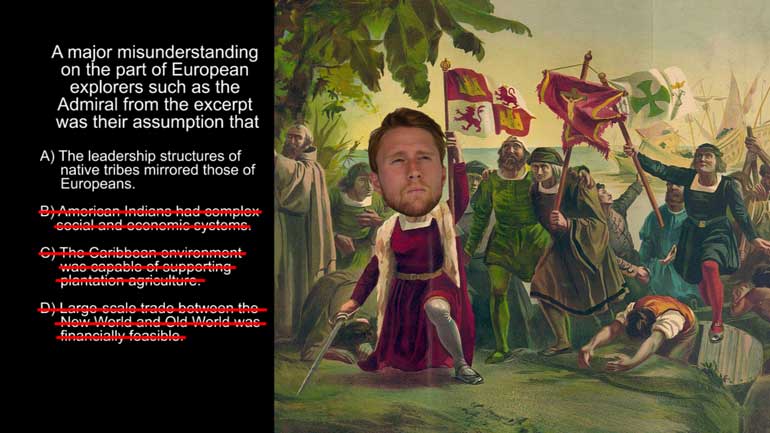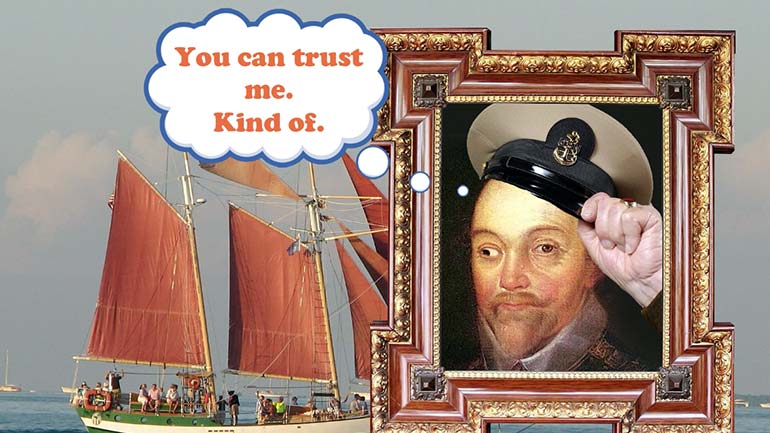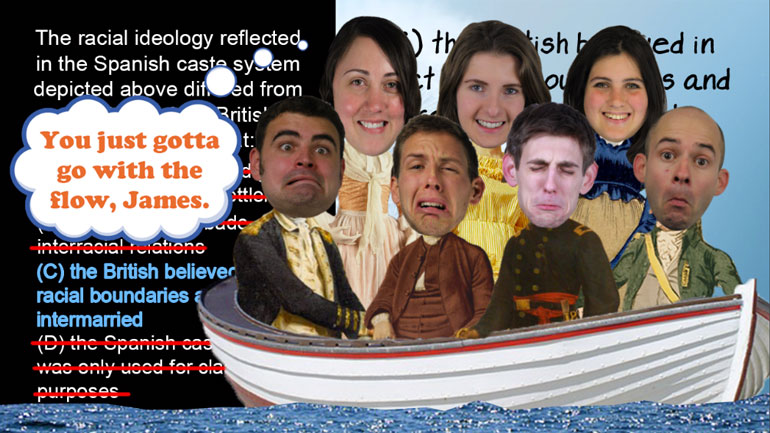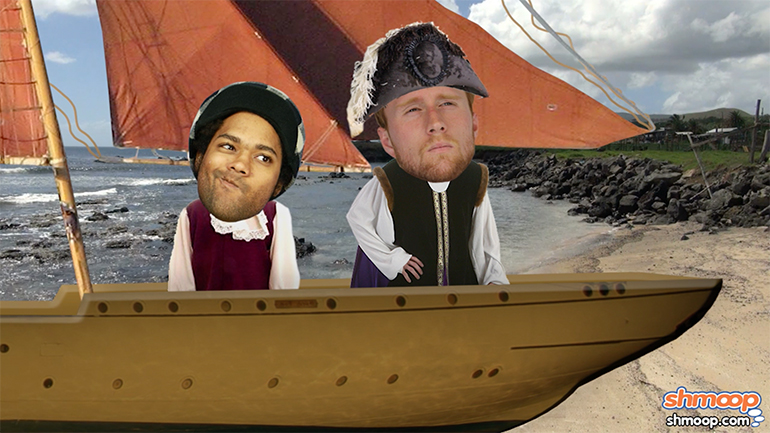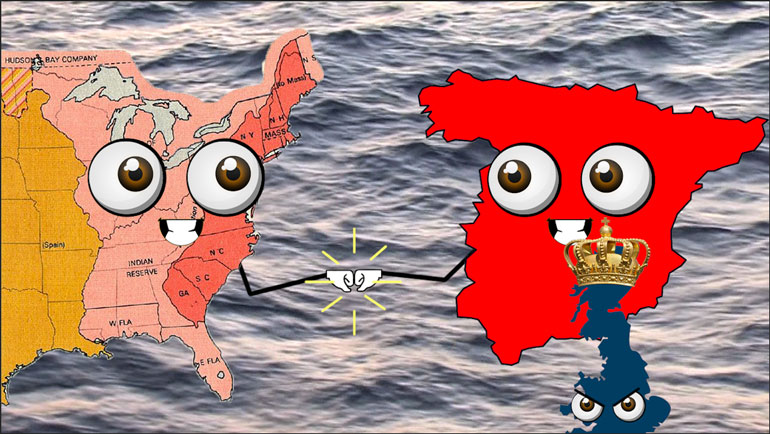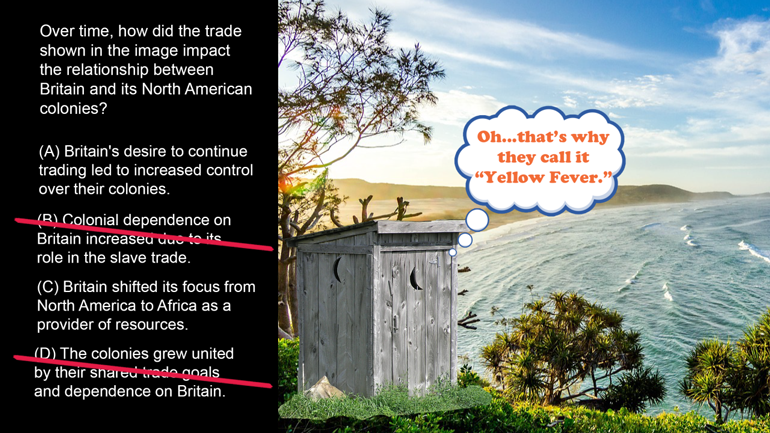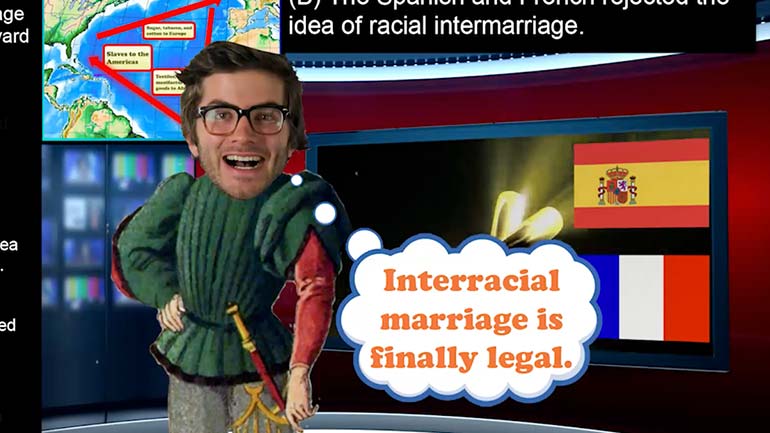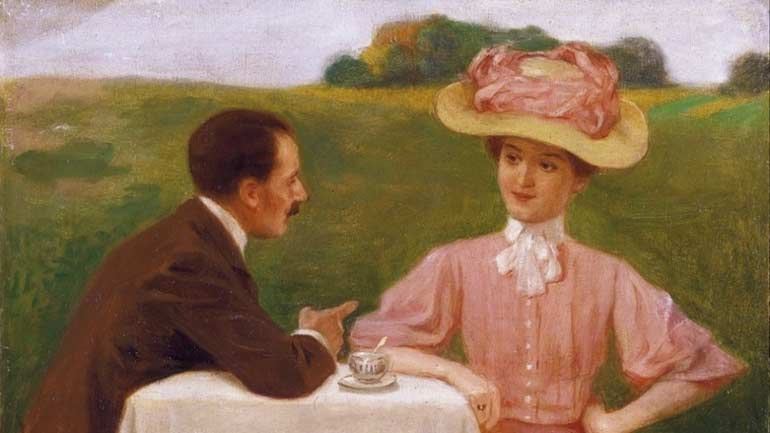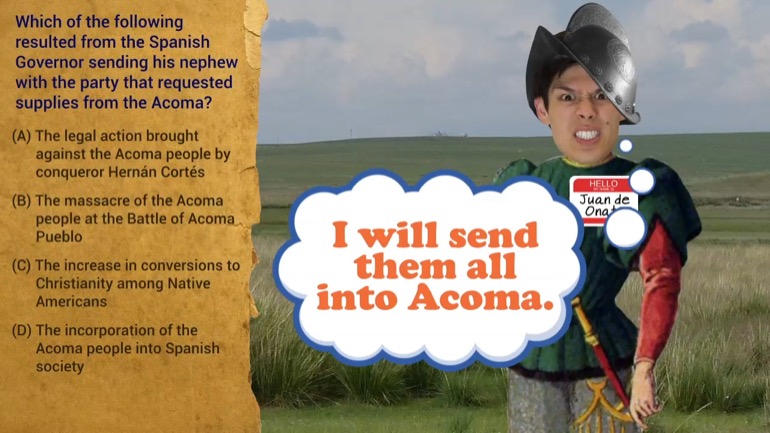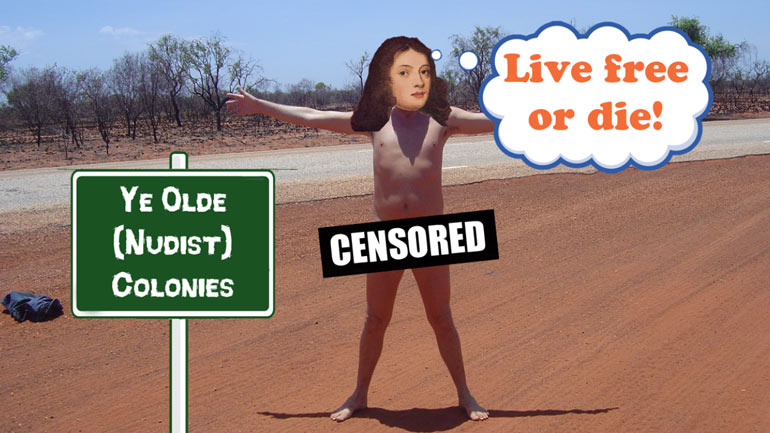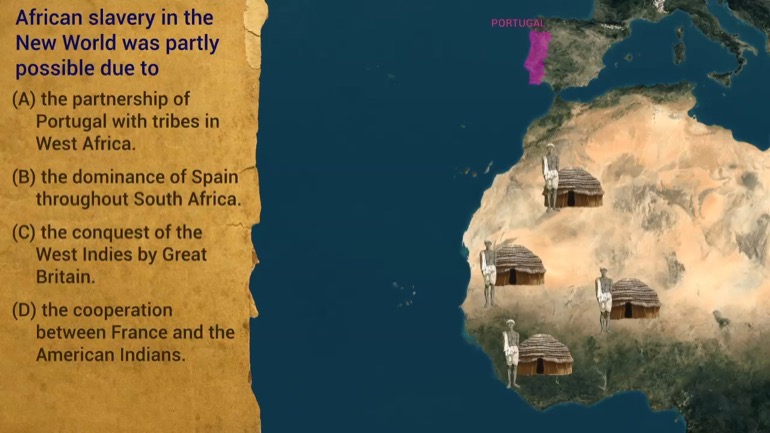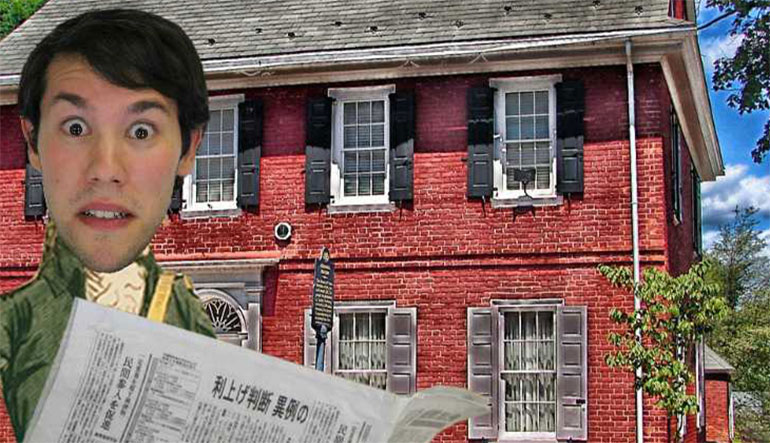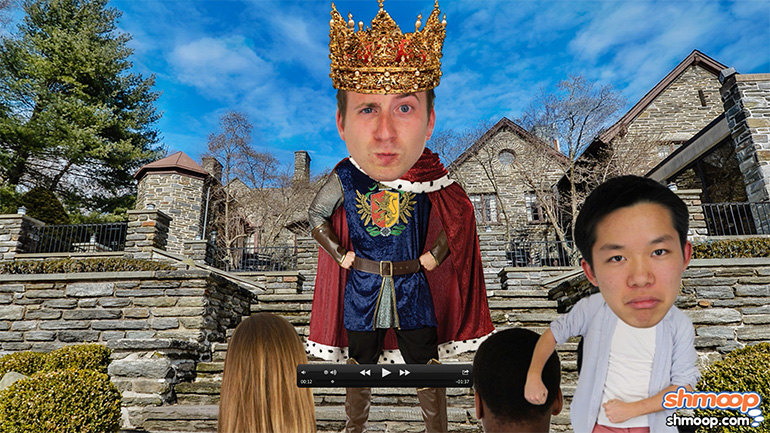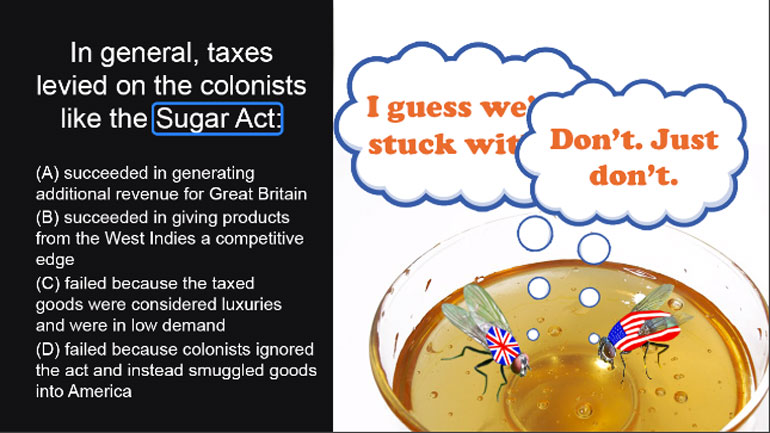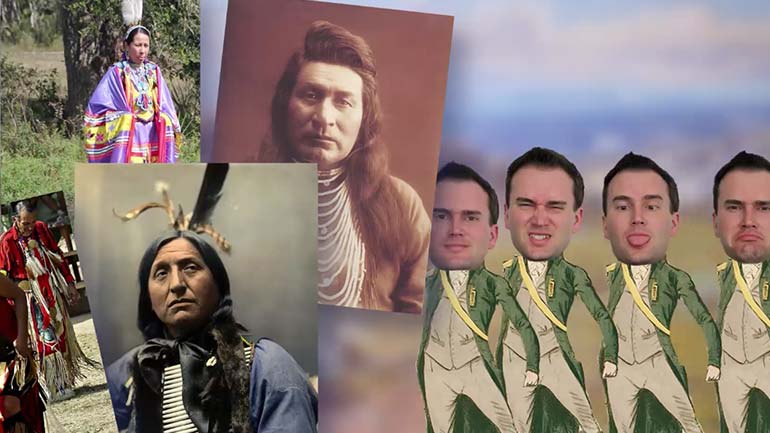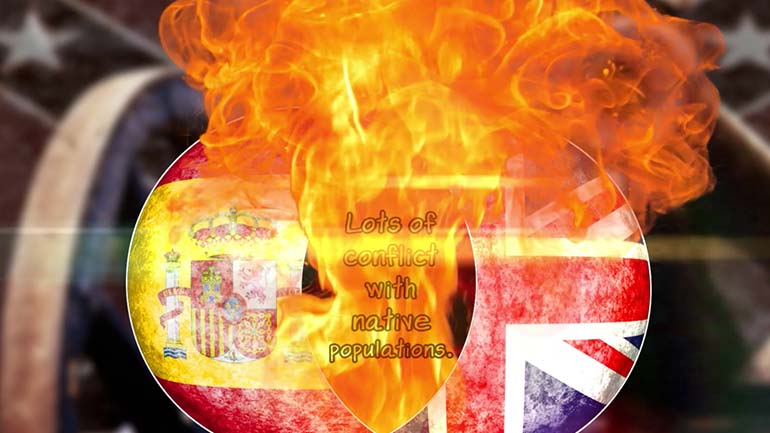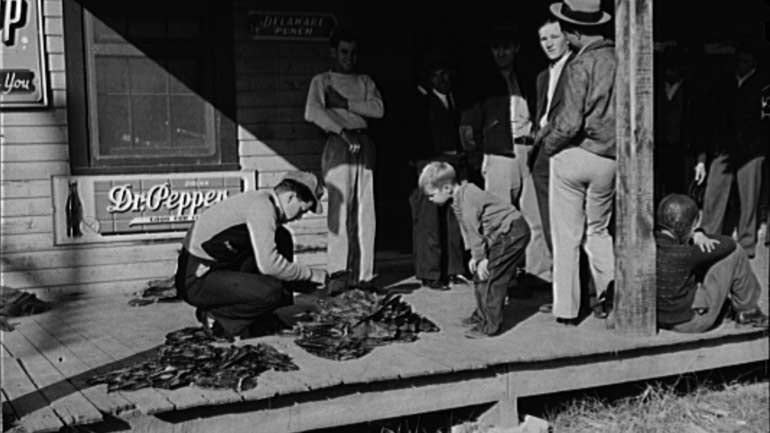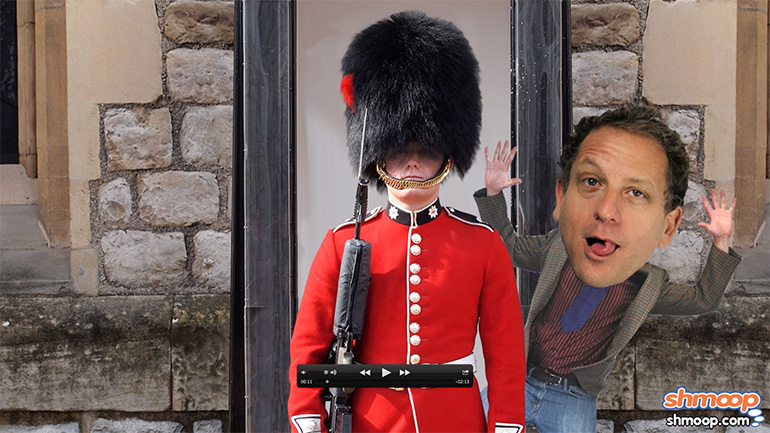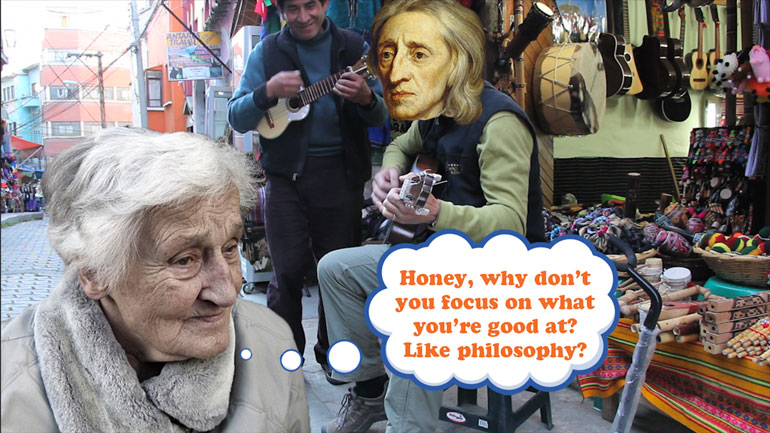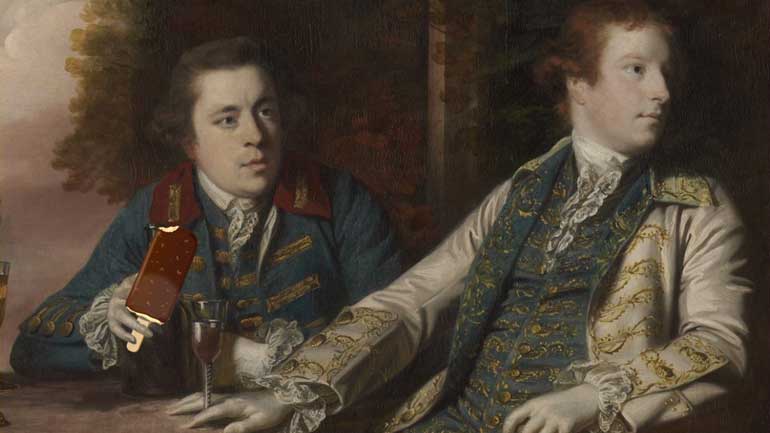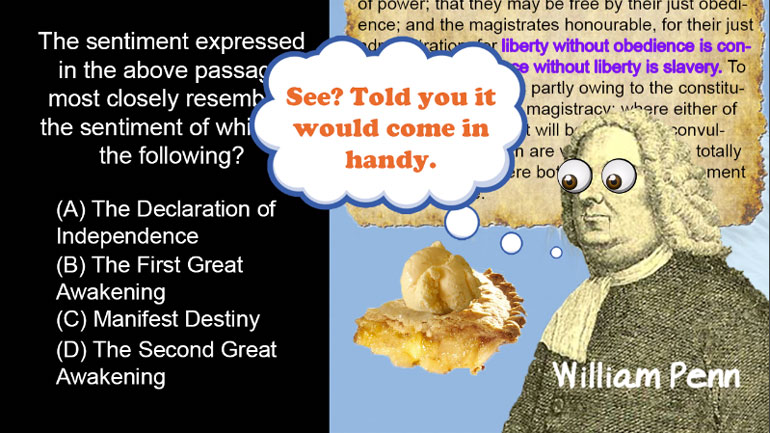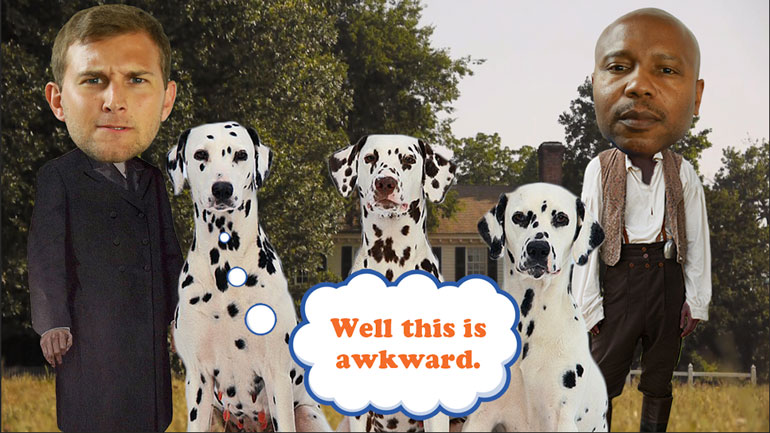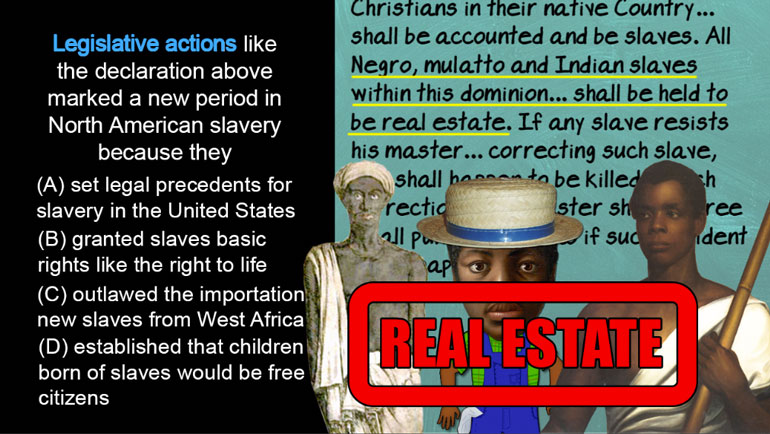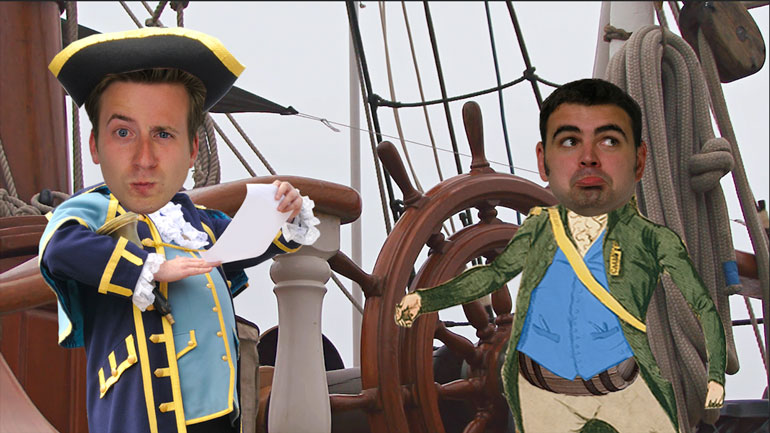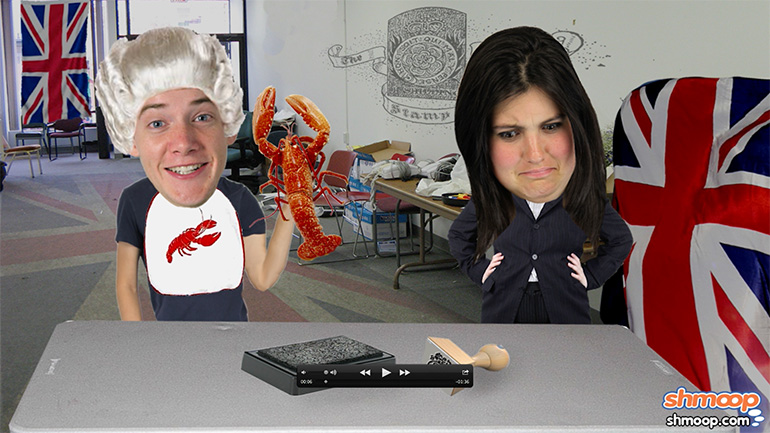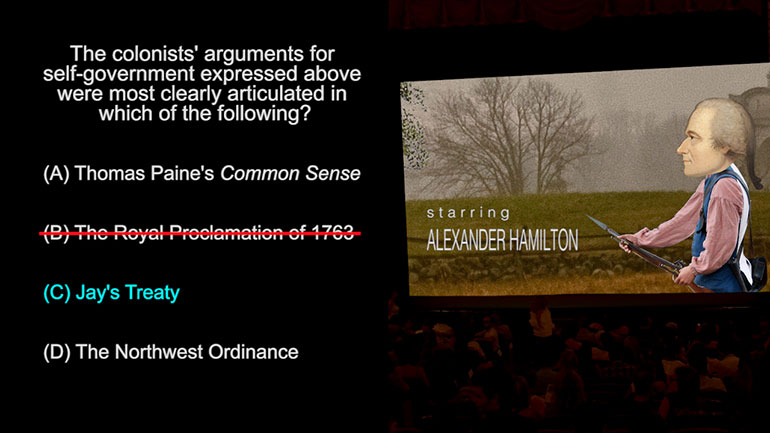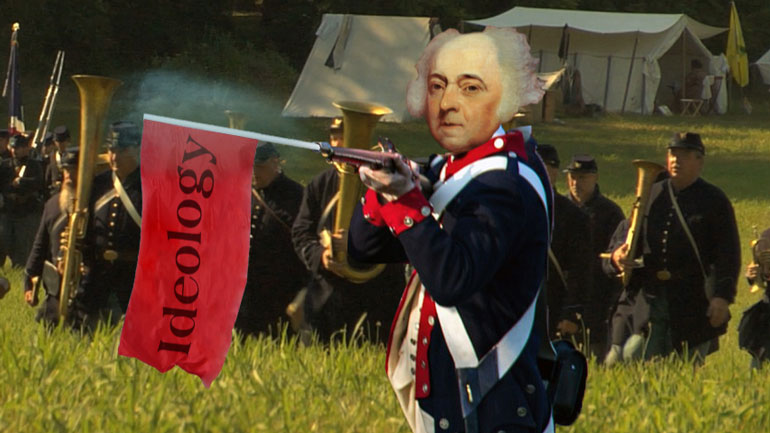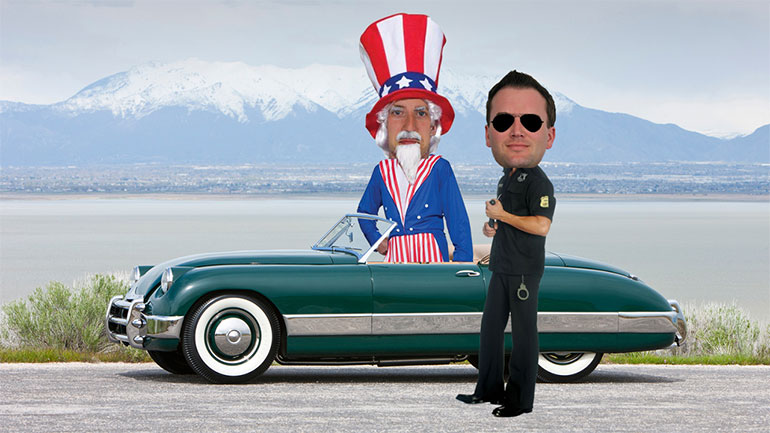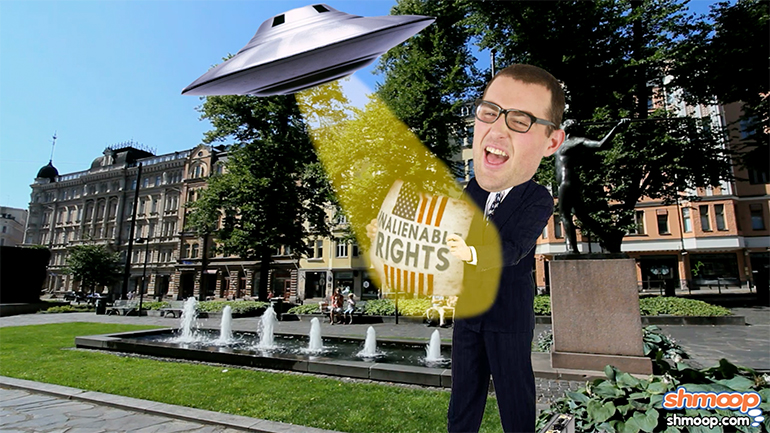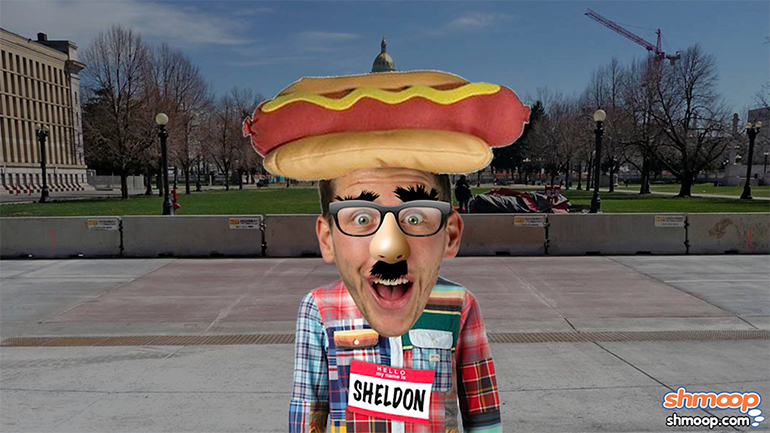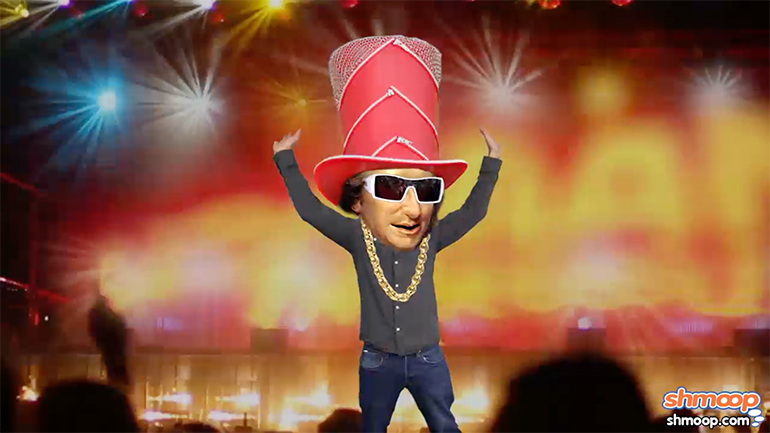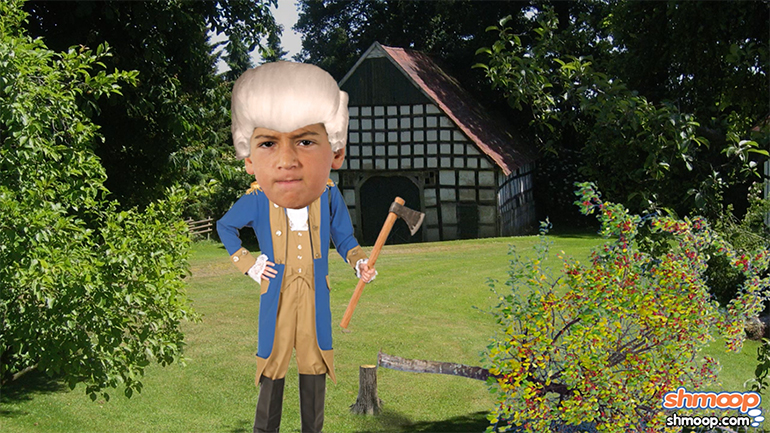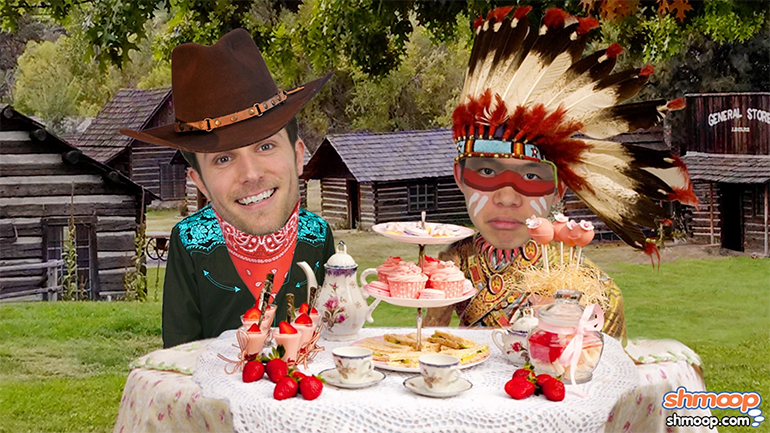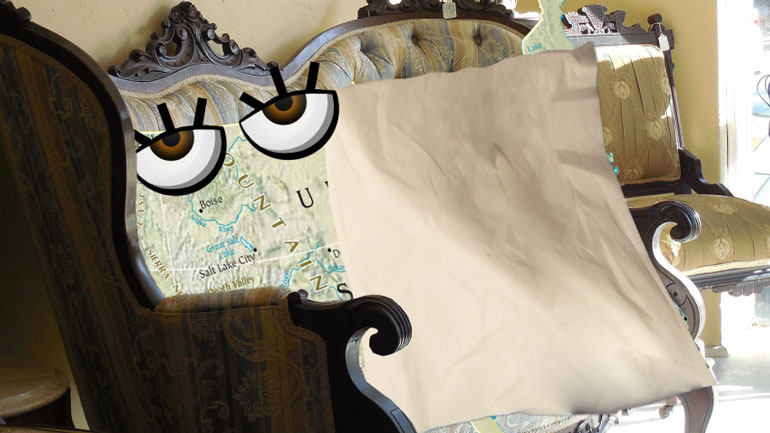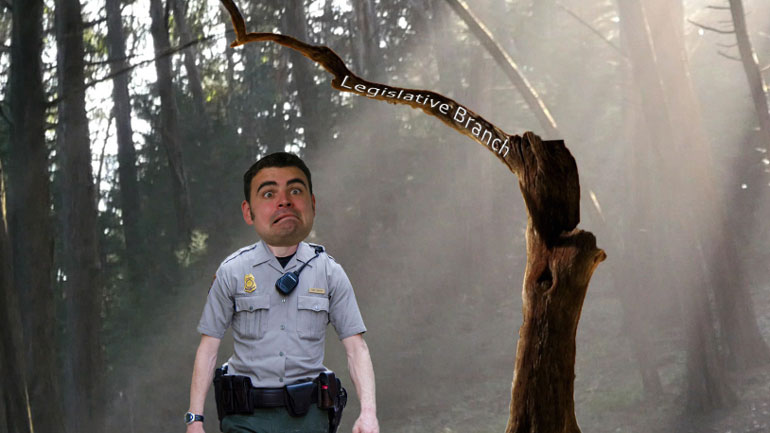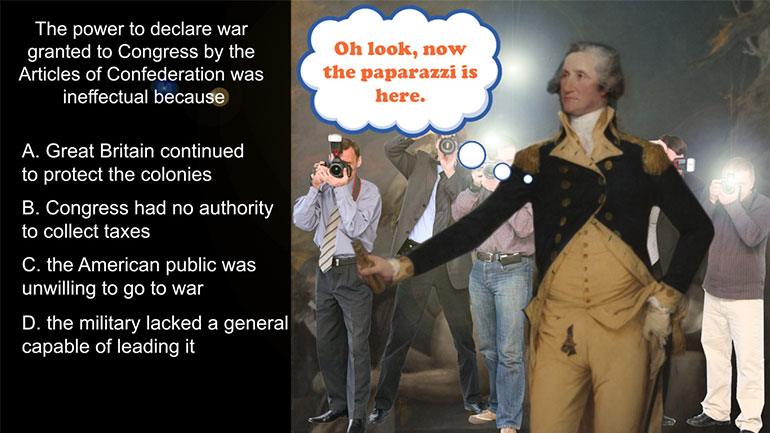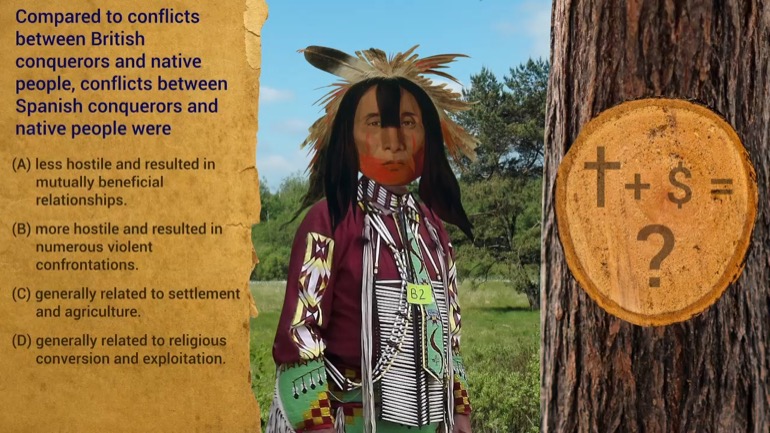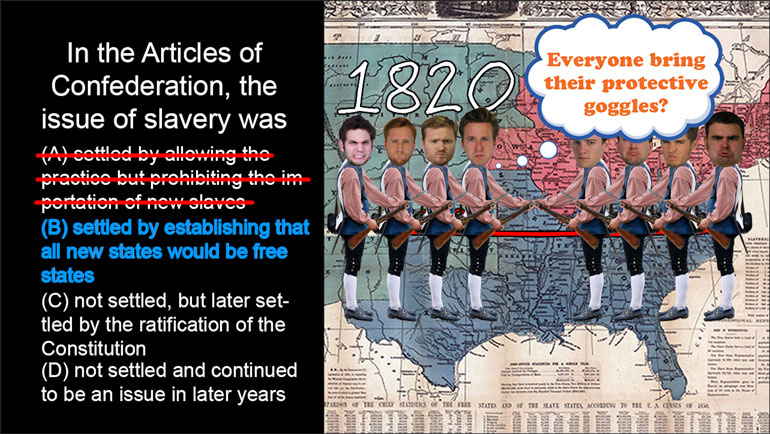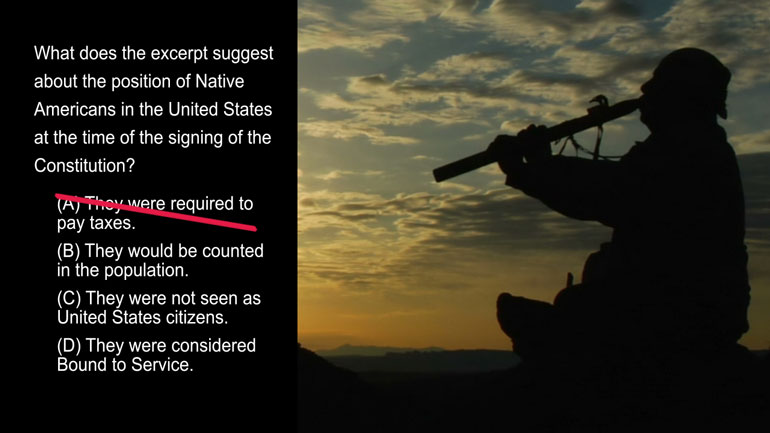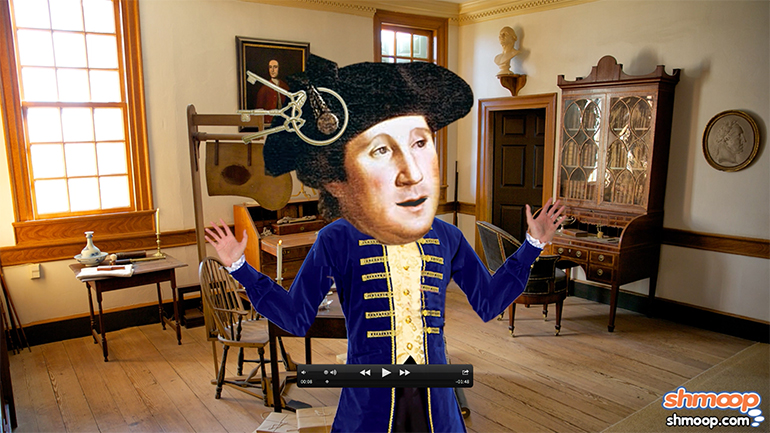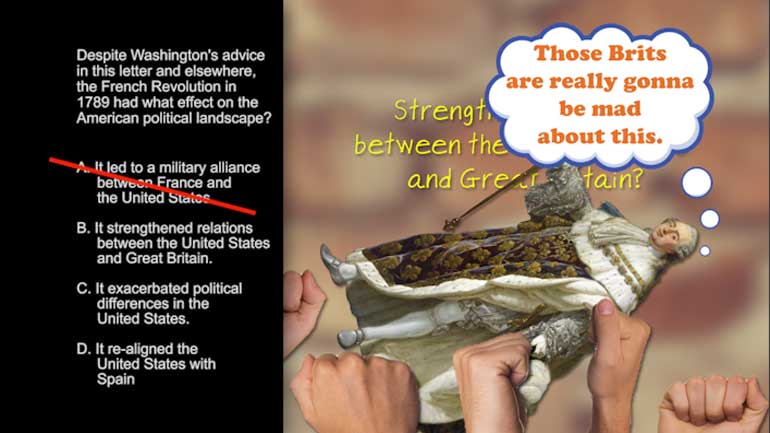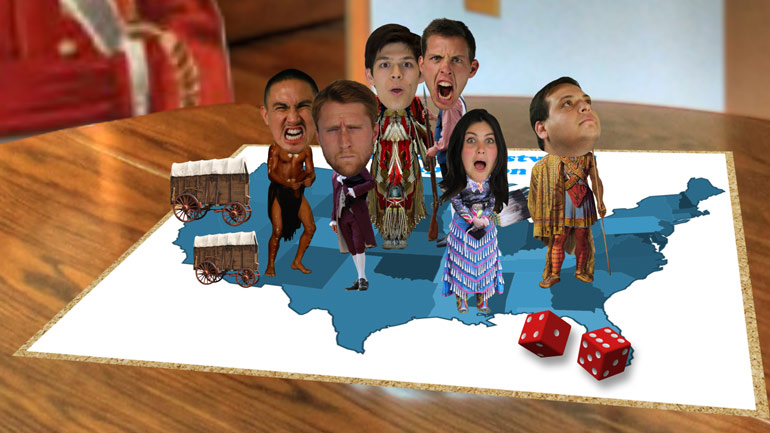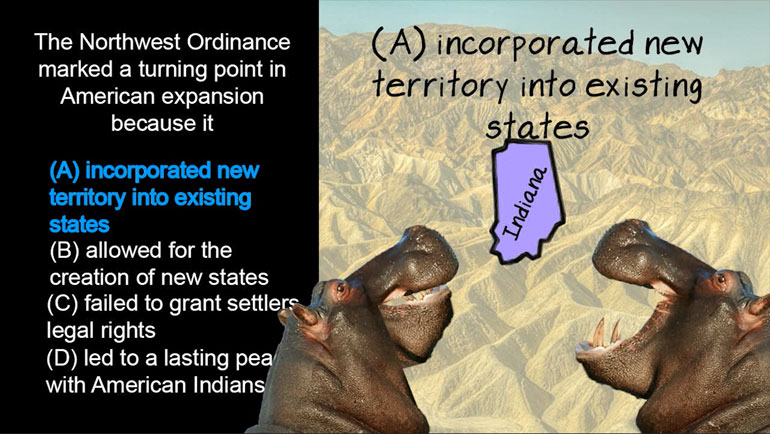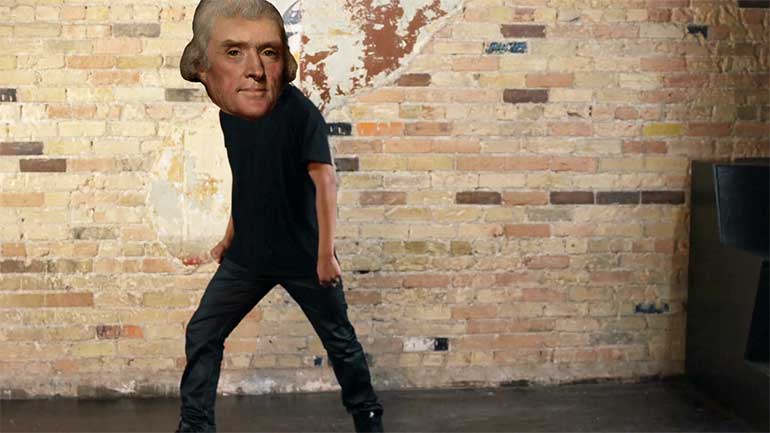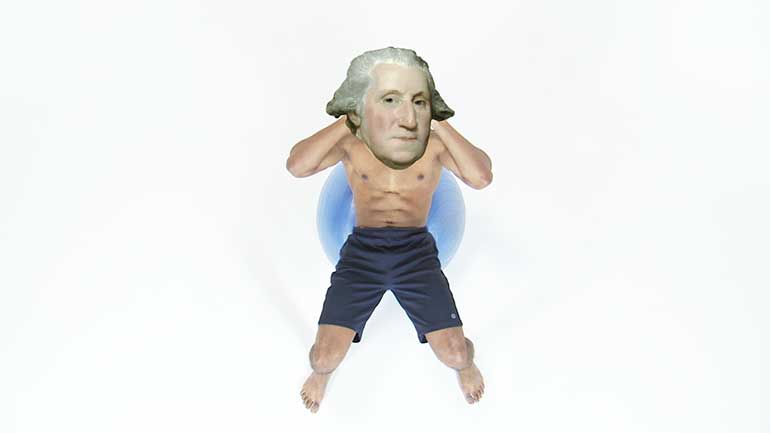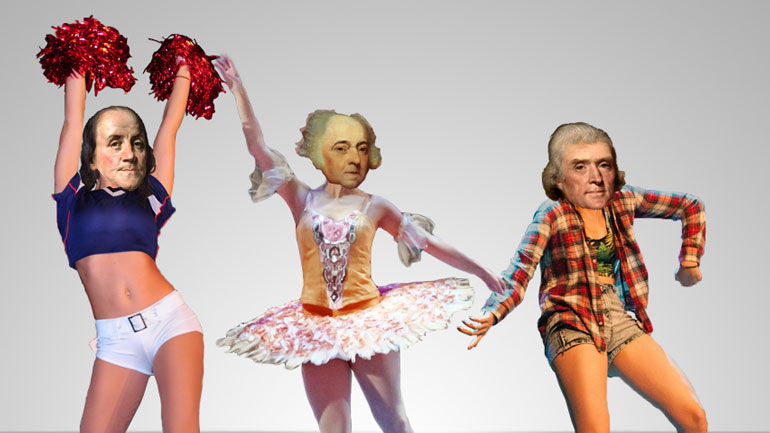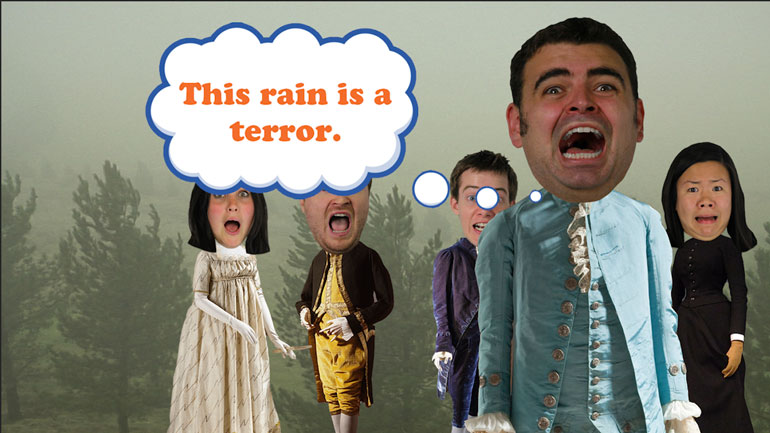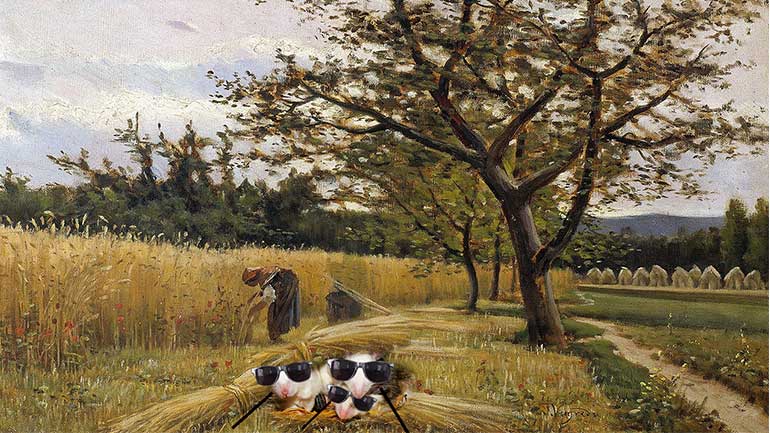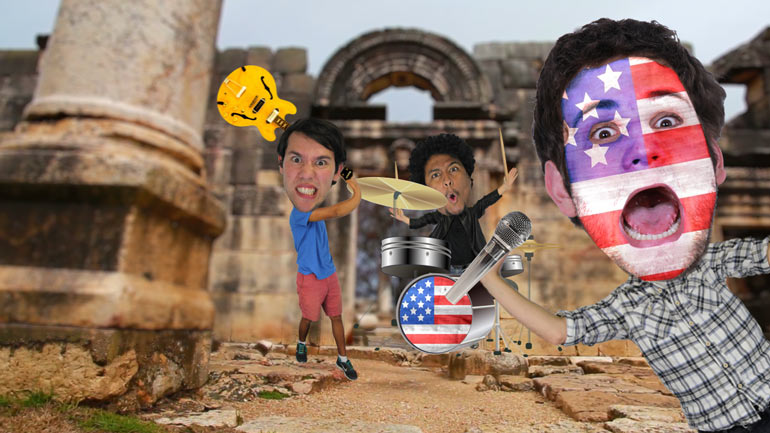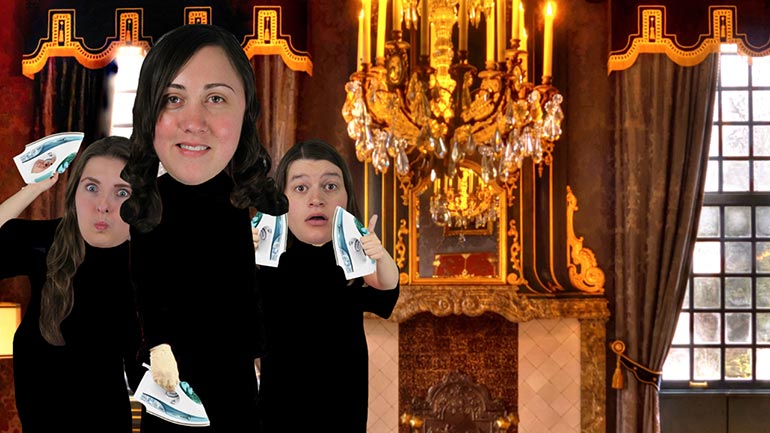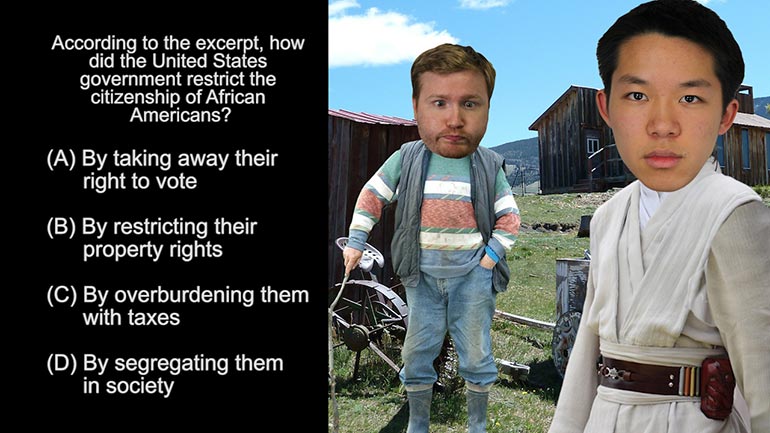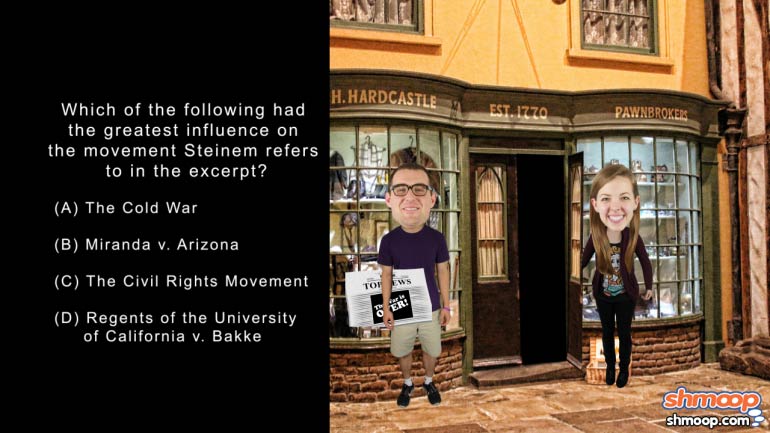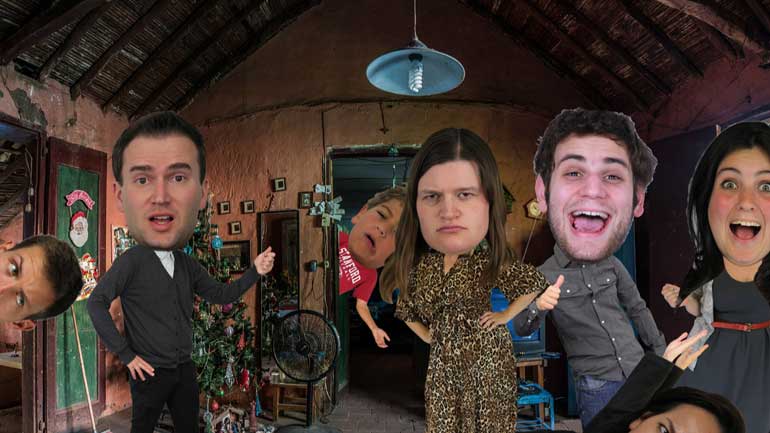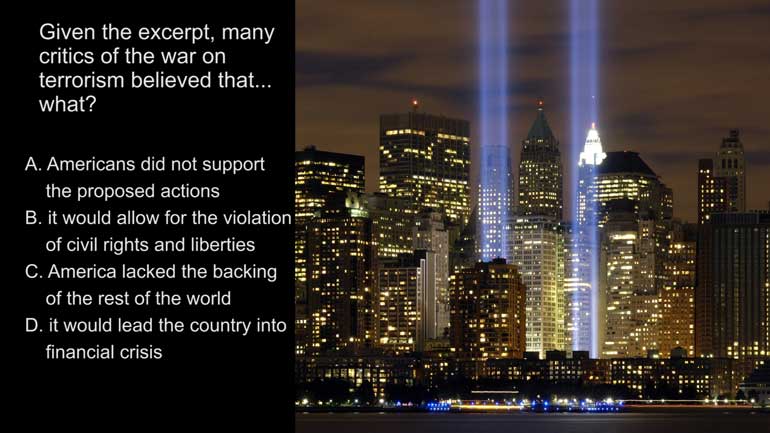ShmoopTube
Where Monty Python meets your 10th grade teacher.
Search Thousands of Shmoop Videos
AP U.S. History Videos 273 videos
Today's lesson: The Civil War. A war may be civil, but it's never pretty. Well, aside from the Pretty Pink Fairy Wars of '93...but no one seems to...
AP U.S. History Period 1: 1491-1607 Drill 3, Problem 2. The cultivation of maize, depicted in the image, also played a significant role in which of...
AP U.S. History Exam 2.2. Prior to European contact, why was it necessary for the societies of the "Plains" region on the map to live a mobile life...
AP U.S. History 4.1 Period 3: 1754-1800 208 Views
Share It!
Description:
AP U.S. History 4.1 Period 3: 1754-1800. The argument in the excerpt is most clearly an example of which of the following late 18th-century trends?
- Reading Informational Text / Analyze how an author uses rhetoric to advance his or her point of view
- Reading Informational Text / Analyze how an author uses rhetoric to advance his or her point of view
- Reading Informational Text / Determine author’s purpose through effective rhetoric
- A New Constitution / State Constitutions
Transcript
- 00:00
Thank you here's Your shmoop du jour brought to you
- 00:05
by george washington ah well mannered man who never lost
- 00:09
his temper but maybe keep cherry trees away from him
- 00:12
You check out the excerpt dying today escalation in the
- 00:15
states to yield the argument in the excerpt is most
Full Transcript
- 00:18
clearly an example of which of the following late eighteenth
- 00:21
century trends and here your potential answers are increasing opposition
- 00:25
and great well looks like g dobbs was worried that
- 00:29
the individual states had way too much power under the
- 00:31
articles of confederation This means we can just get rid
- 00:34
of a right off the bat supporters of federalism We're
- 00:37
all about a strong central national government not a loose
- 00:40
confederation of states The washington wasn't arguing against federalism He
- 00:45
was arguing for it Which kind of makes sense coming
- 00:48
from a guy who ended up being the first president
- 00:50
option c isn't right either There's nothing in the letter
- 00:53
to make us think that washington had given up on
- 00:56
enlightenment ideas just like other political leaders and thinkers of
- 00:59
that time Washington was all about the enlightenment because glennis
- 01:03
enlightenment never a bad thing Two choice di we say
- 01:06
Absolutely not Washington never would have advocated for the development
- 01:09
of political parties He actually specifically warned against them in
- 01:13
his farewell address after his eight years as a president
- 01:16
Yes nobody pays attention to that speech now huh All
- 01:19
right well the correct answer is b like we said
- 01:21
before george washington was worried that america's decentralized government under
- 01:25
the articles of confederation wasn't strong enough to keep the
- 01:27
nation together No surprise then that he was one of
- 01:30
several leaders whose arguments for federalism eventually led to the
- 01:34
crafting of the modern strong centralized american government even though
- 01:39
our bipartisan ism would have him rolling over in his
- 01:41
grave Sorry george maybe you could take out your anger 00:01:44.509 --> [endTime] on that cherry tree for you
Related Videos
AP U.S. History Exam 2.48. Which of the following had the greatest influence on the movement Steinem refers to in the excerpt?
The appeal of city living has always been strong. Can you figure out why new immigrants chose to live in big cities? Hint: they weren't trying to b...
AP U.S. History Exam 2.54. Given the excerpt, many critics of the war on terrorism believed that...what?
AP U.S. History Exam 2.43. The problem depicted in the image led to the creation of...what?
Take a look at this sweet question about Equal rights. ...Oh. It's not about the sweetener? Gotcha. Check it out anyway and see if you can find out...

